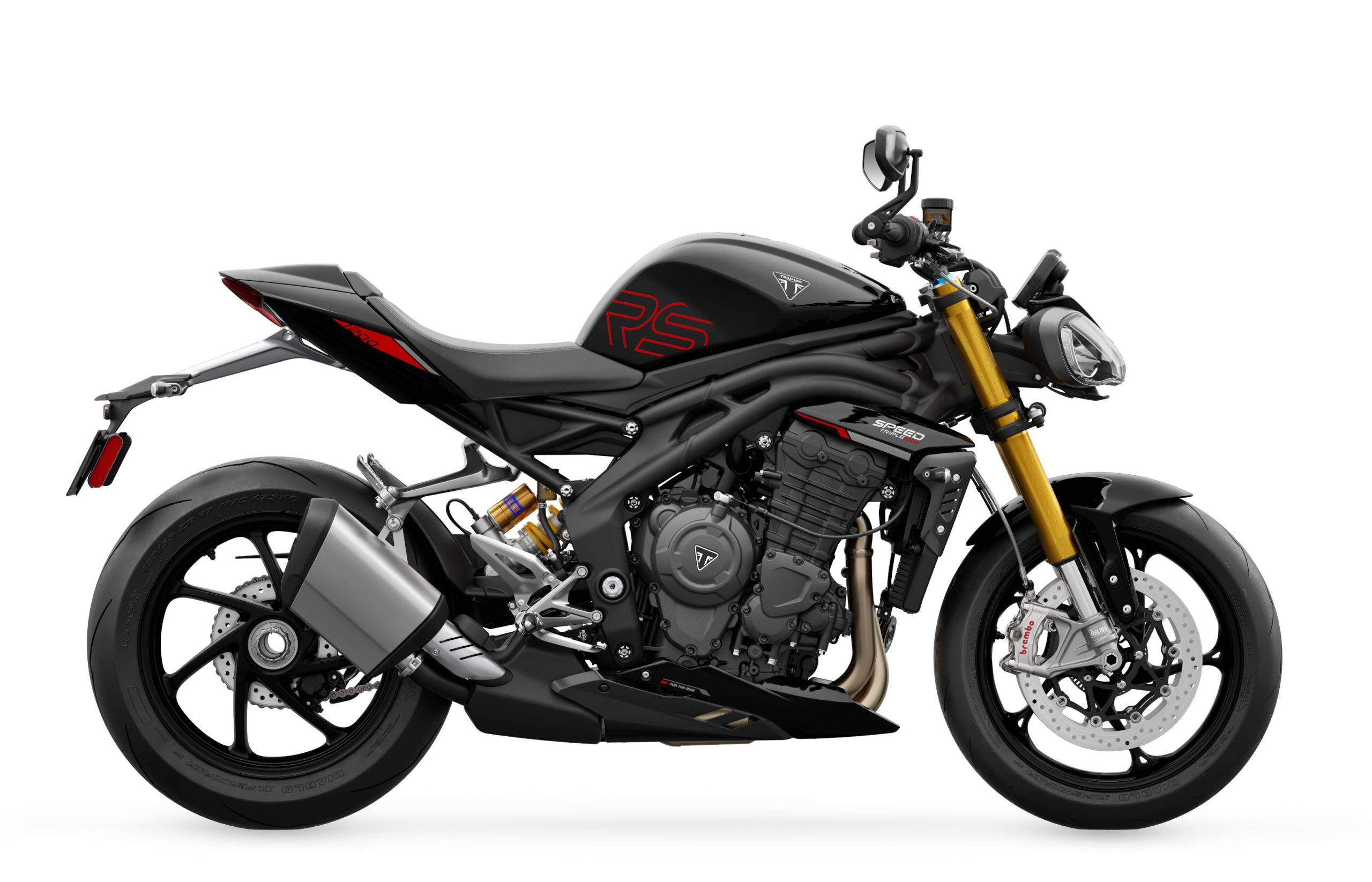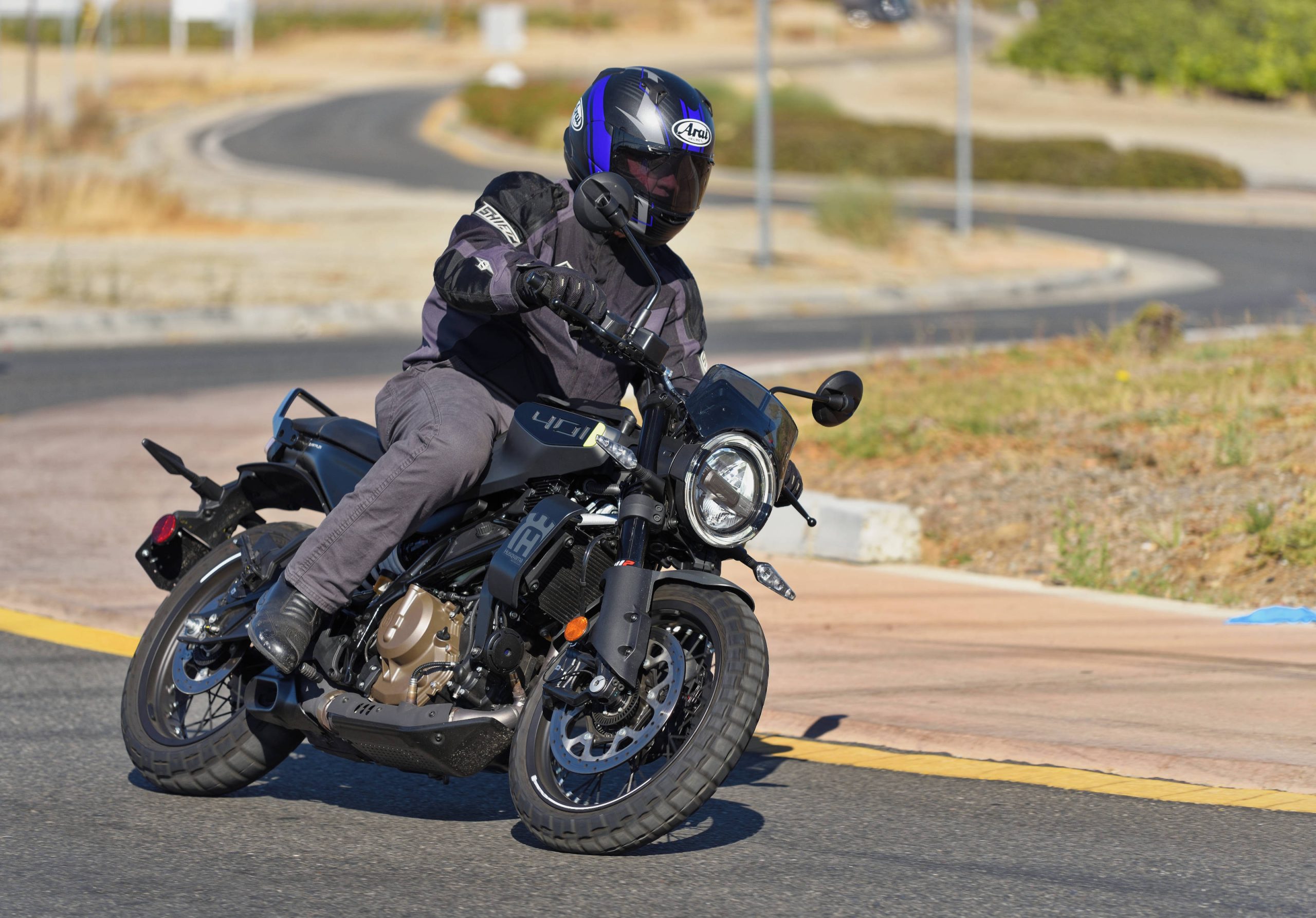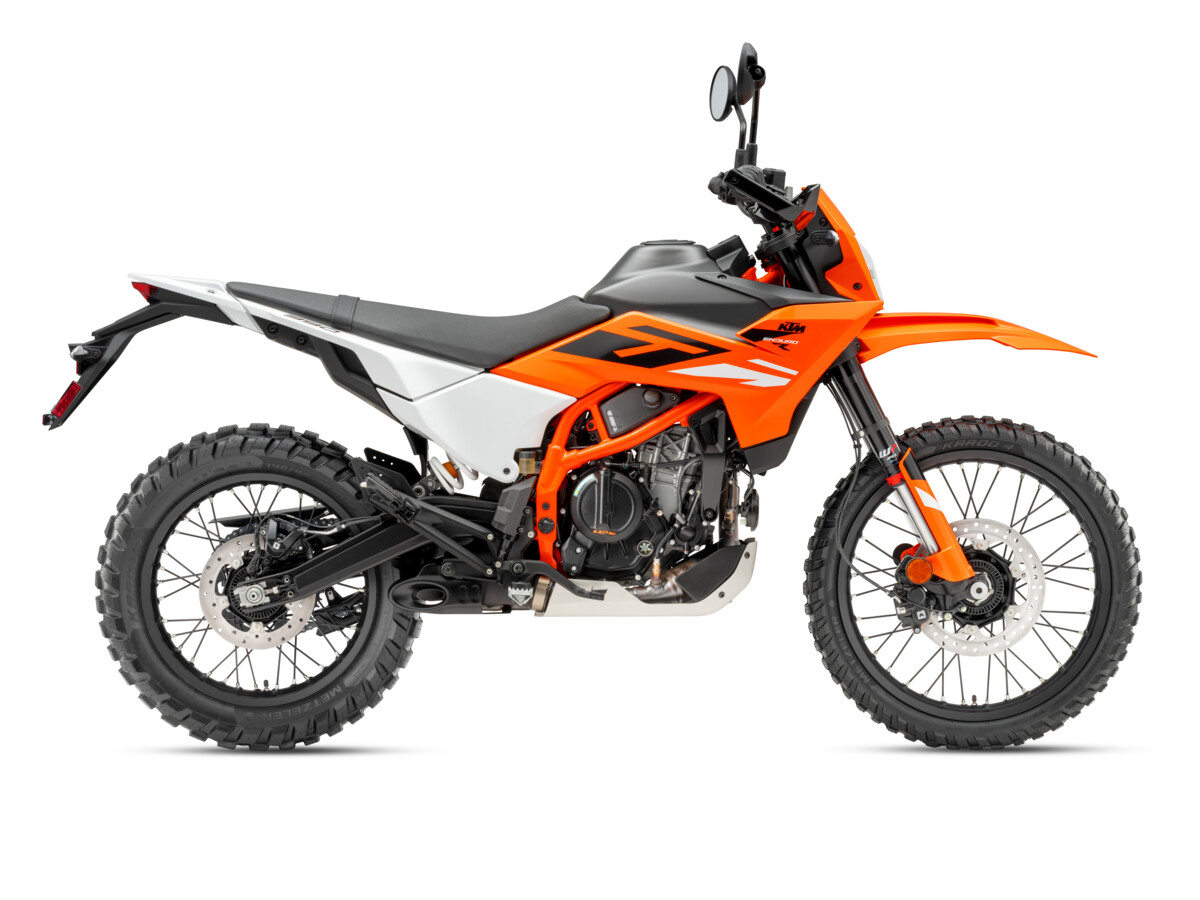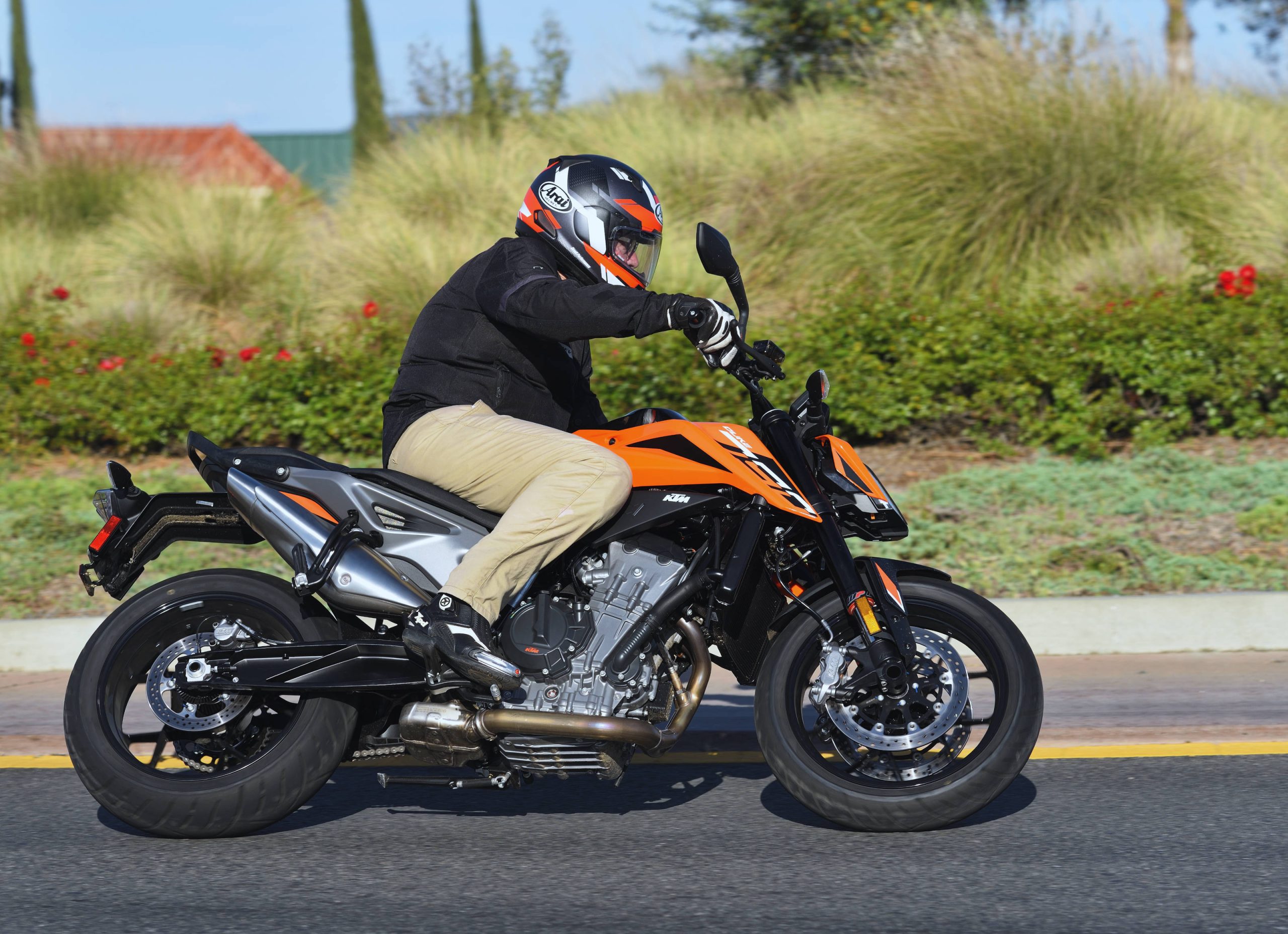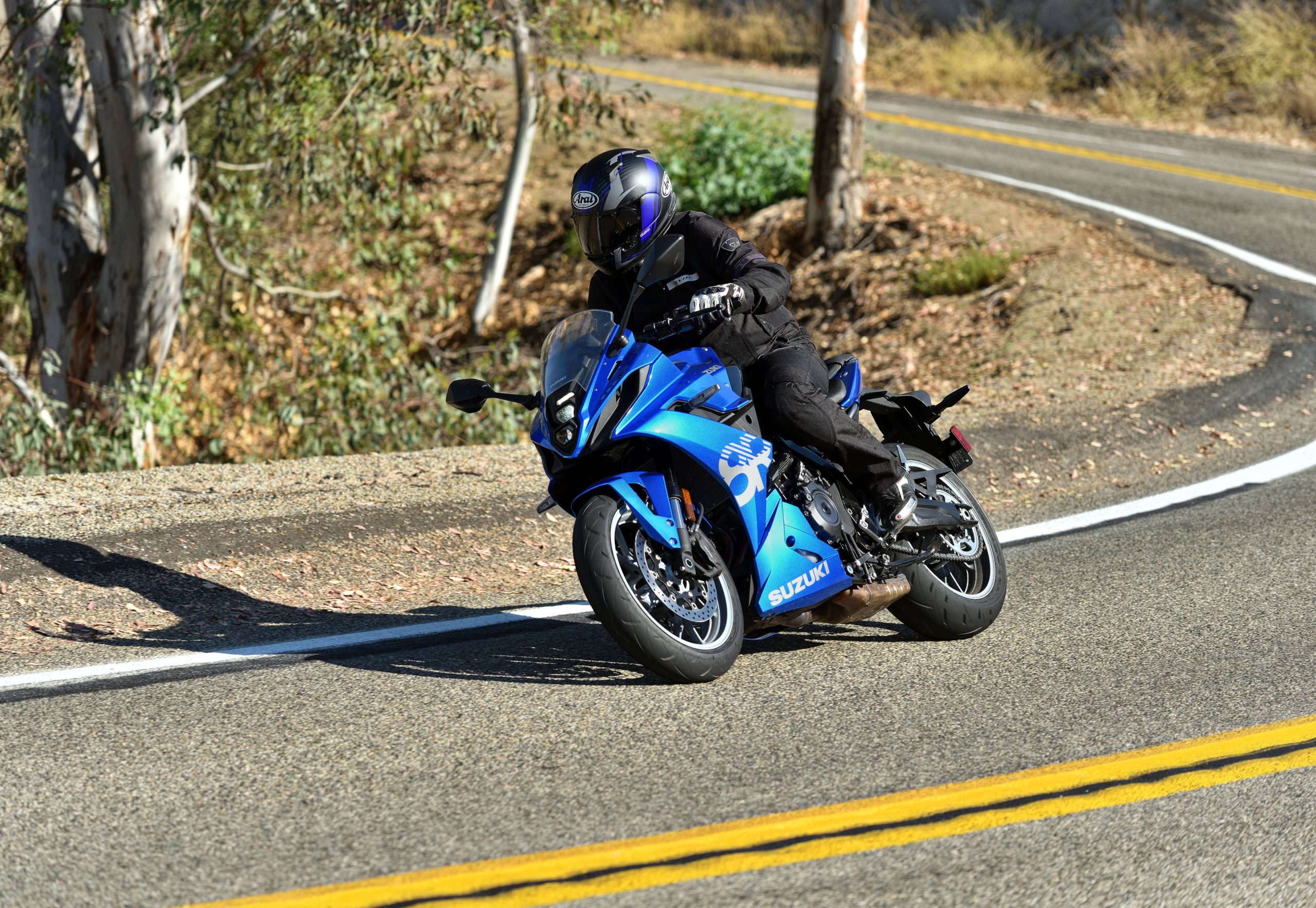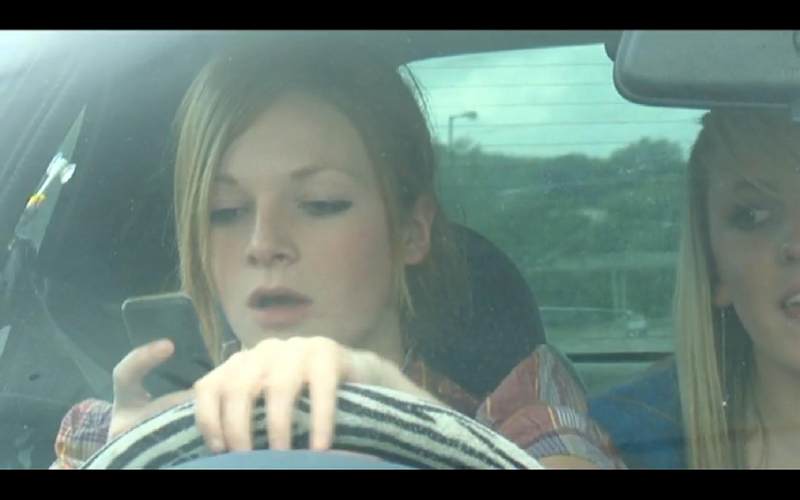
Sure, I drink and drive. I do it every day. Once or twice I’ve even crashed while drunk, but I was never penalized for it. After all, everybody does it.
Outrageous, no? I should be stripped nekkid, hog-tied, covered with honey and left on an anthill in the blazing sun, no? But what if I substituted “drive distracted” for “drink and drive?” Then we’re not so quick to judge, are we? That’s because we all talk on the phone, eat, talk to a spouse, smack the kids around, put on make up, shave, engage in various sex acts or a zillion other things when we should have our hands on the $%$# wheel and our eyes on the %^&%* road. It’s easy to condemn someone (rightfully) for getting drunk and then getting behind the wheel (or handlebars), but should a guy eating a Big Mac be sent to Death Row for losing control of his car and hitting a schoolbus full of orphaned nuns?
Maybe he should. With commuting times growing and the widespread use of hand-held devices to do everything from navigating to ordering pizza, distracted driving may be claiming more lives than drinking and driving. Of course, there’s no way to really be sure, as evidence of the distraction is often obliterated in the crash (“Say, are those McNuggets in spicy barbeque sauce?…no, wait, that’s the driver…”), but an NHTSA report reveals that in 2008, 5800 people died and 515,000 were injured in crashes where at least one form of distraction was in the police report. And the FARS, the DOT’s fatality accident reporting system, reported driver distraction being a factor in 16 percent of all fatal crashes. Another study, from Virginia Tech, noted commercial truck drivers engaged in texting are 23.5 times more likely to be in a crash as non-texting drivers, and the report went on to posit that distraction (including drowsiness) was a factor in 80 percent of crashes. Yikes! As motorcyclists, we are particularly vulnerable to distracted drivers-or being distracted ourselves.
Our interests are being represented by the Motorcycle Industry Council (MIC) as well as the AMA. The MIC attended a summit held by the DOT September 30-October 1, where Transportation Secretary Ray LaHood announced a new ban on Federal employees texting while driving and senator Chuck Schumer (D-NY) drummed up support for his bill that would tie anti-text-message laws to Federal highway funding, much like seatbelt laws (and helmet laws in the old days). The AMA has also weighed in on the issue, but is critical of laws that penalize usage of distracting devices, especially when they tie in age restrictions. Instead, the AMA supports laws that enhance penalties for distracted drivers who kill or injure other road users while distracted, in the same way DUI drivers receive heightened penalties.
It’s all well and good to promise not to drive distracted, but almost anything can be a distraction. Researchers have identified three types of distractions: visual, manual and cognitive. Changing your radio station is a very tiny distraction with little impact, as you don’t think about it much, barely (if at all) take your eyes off the road and only have to move your hand off the wheel for a few seconds. Talking on a hands-free phone or to a passenger is a cognitive distraction, but at least it doesn’t require you to move your hands or divert your gaze from the roadway. Fiddling with your GPS is worse than using a cell phone, but better than using a paper map, and texting-where you have to devote a lot of brainpower, take your eyes off the road for as long as five seconds, and use one or both (!) hands is your basic death wish.
The irony is that you may have actually given birth to our greatest threat. Younger drivers-25 and under, and especially teens-are over-represented in distracted-driving incidents. Not surprising, given the popularity and low pricing of a myriad of distracting gadgets. When was the last time you saw someone under 25 not doing something with a battery-operated device? How to get them to not use it while they’re driving? Well, I’d say get them a motorcycle. Barring that, try getting them to watch this amazing PSA produced by the Gwent (U.K.) Police Department and filmmaker Peter Watkins-Hughes. The short film, which has both a long and short version, is horribly graphic and a touch manipulative, but it’s well done, with realistic characters. It’s put me off driving distracted, and it may do the same for you or someone you care about.
Pay attention! Or you may pay the price.

